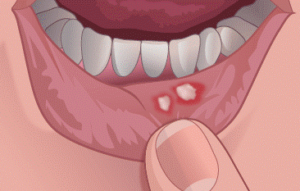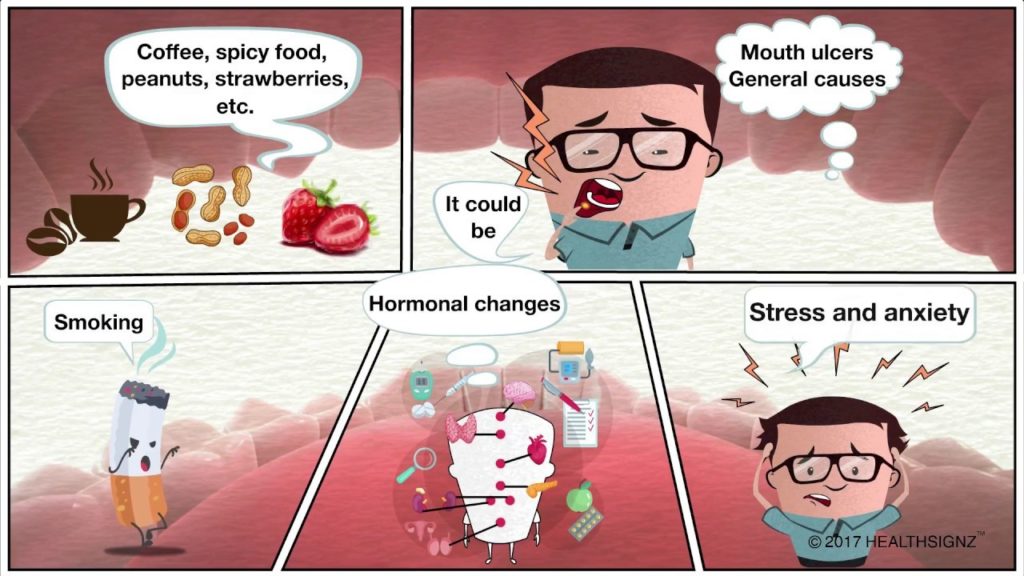
How these common but painful sores form and develop
They’re the mouth irritations that can make eating a meal unbearable, but the cause of mouth ulcers or ‘canker sores’ is still relatively unknown.
At least 20% of the population are affected by mouth ulcers, and they vary in severity. These sores can appear as minor ulcers, normally less than five millimetres wide, while major ulcers can stretch to one centimetre in diameter. You can also have several ulcers clustered together to form large irregular ones known as ‘herpetiform ulcers’. There are two ways they can form, and many occur as a result of trauma, such as biting your lip or cheek or burning your mouth.
However, the second form, recurrent aphthous stomatitis (RAS), has been linked to a whole host of conditions. Recurring sores can be due to bacterial infections, immune disorders, stress and smoking. Genetics also plays a large role in the likelihood of their repeated occurrence.
Around 40% of sufferers have a family history of experiencing ulcers, and this is thought to be linked with the increase of a particular antigen that the body introduces, potentially causing the RAS.
Ulcers typically heal after a few weeks, though those who suffer from RAS may experience them repeatedly. An ulcer lasting more than a few weeks could be linked with oral carcinoma, a form of mouth cancer.
Dorset Dental Implants, along with many other dental professionals advises the following: ‘if in doubt, check it out’. Book into your dentist/GP to have it checked.

What next?
For more information, please click here to email the practice to make an appointment or call 01202 973300.
